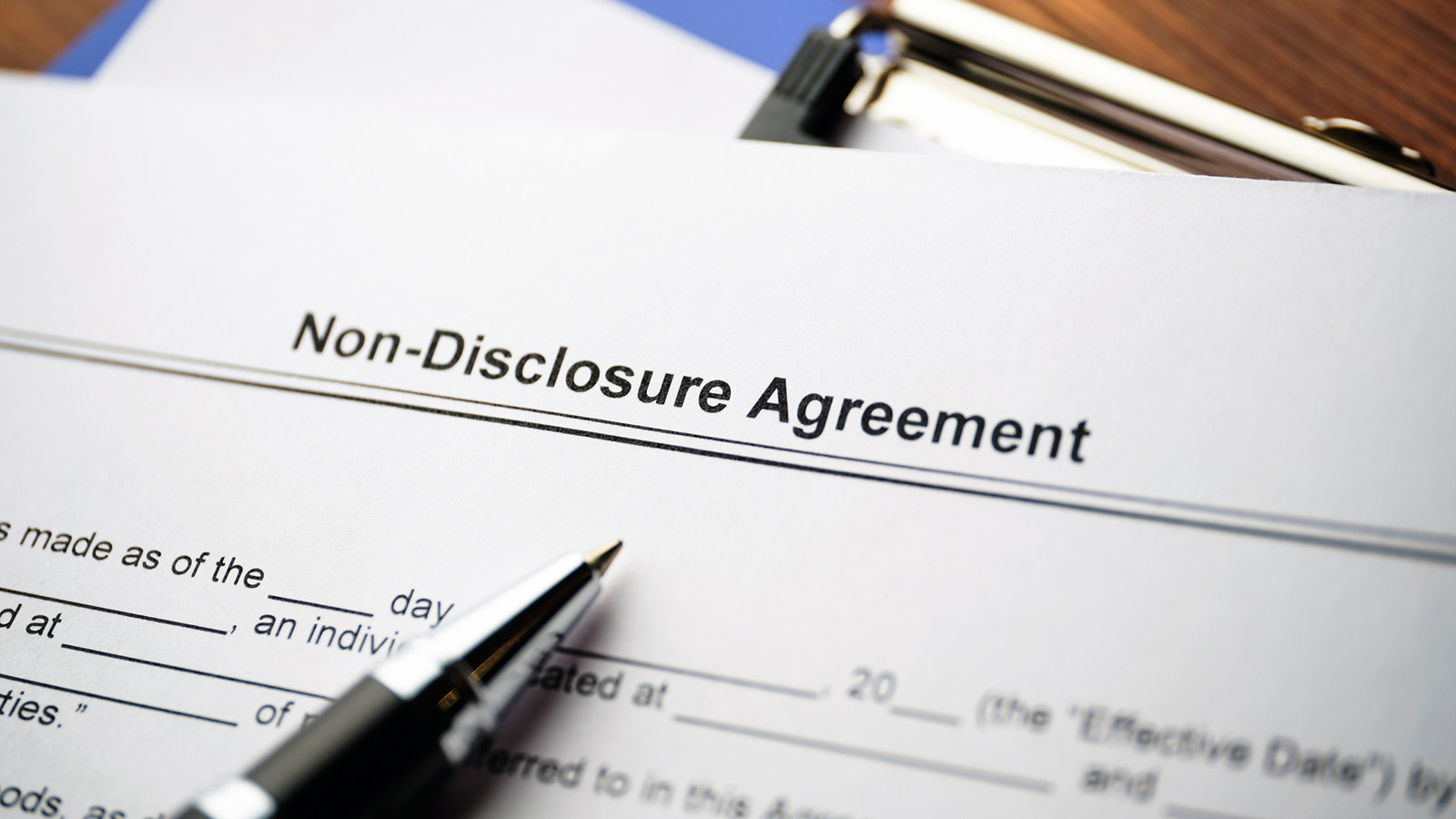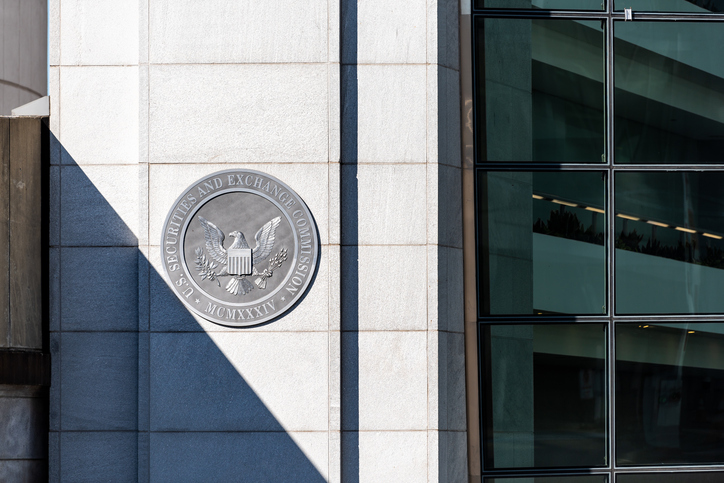How Can Auditors Report Concerns to the SEC?
The U.S. Securities and Exchange Commission (SEC) is at the forefront of ensuring fair, orderly, and efficient markets, and the protection of investors. An integral tool in their arsenal is the SEC Whistleblower Program. For auditors and compliance officials, this program offers a unique platform to report concerns but comes with specific rules and guidelines.
May 14, 2025

This information is provided for educational purposes only by Kohn, Kohn & Colapinto and does not constitute legal advice. No attorney-client relationship is created by accessing this content. Laws and regulations may change, and this material may not reflect the most current legal developments. If you believe you have a whistleblower claim, consult a qualified attorney to discuss your specific circumstances.
The U.S. Securities and Exchange Commission (SEC) is at the forefront of ensuring fair, orderly, and efficient markets, and the protection of investors.
An integral tool in their arsenal is the SEC Whistleblower Program, which incentivizes individuals with inside information about securities law violations to come forward. For auditors and compliance officials, this program offers a unique platform to report concerns but comes with specific rules and guidelines.
This article delves into how auditors can effectively and safely report concerns to the SEC under the whistleblower program.
Allison Herren Lee, Ex-SEC Acting Chair, Joins Our Firm to Aid Auditors
As Of Counsel at Kohn, Kohn & Colapinto, Allison Herren Lee brings her expertise to support auditors and whistleblowers under the Dodd-Frank Act and SEC Whistleblower Program. If you’re an auditor seeking guidance or addressing concerns about financial abuse, arrange a confidential consultation with Allison Lee at our firm.
Understanding the SEC Whistleblower Program
Established under the Dodd-Frank Wall Street Reform and Consumer Protection Act in 2010, the SEC Whistleblower Program offers monetary awards to eligible whistleblowers who provide original information that leads to a successful SEC enforcement action resulting in monetary sanctions of over $1 million. Whistleblowers, under this program, can receive between 10% to 30% of the money collected.
Specific Rules for Auditors and Compliance Officials
Auditors and compliance officials have unique relationships with their employers and clients. Their primary roles involve detecting and preventing non-compliance, which makes their participation in the whistleblower program nuanced.
Here are some of the specific rules tailored to them:
- The 120-Day Rule: If an auditor or compliance personnel learns of a potential violation through their role, they must wait for 120 days after reporting the violation internally before they can report to the SEC and become eligible for an award. This rule offers companies the chance to self-correct before the SEC steps in.
- Exceptions to the 120-Day Rule: The waiting period can be bypassed if the whistleblower believes that an imminent threat exists to investors or that there’s a likelihood of the evidence being destroyed.
- Original Information Requirement: To qualify for an award, auditors must provide information that’s not already known to the SEC and is not exclusively derived from an audit of financial statements. There are exceptions, though, such as when the company doesn’t disclose the information to the SEC or when it acts in bad faith.
Reporting Concerns Anonymously
One of the hallmarks of the SEC Whistleblower Program is the ability to report concerns anonymously. Auditors and compliance officials can do so, but they must be represented by an attorney. This ensures the whistleblower’s identity remains confidential, even to the SEC, unless and until a reward is to be paid.
Anti-Retaliation Protections
The Dodd-Frank Act provides robust protections against retaliation. Employers are prohibited from discharging, demoting, suspending, threatening, or harassing whistleblowers who report to the SEC. In case of any adverse action, whistleblowers have the right to sue their employers and may be entitled to reinstatement, double back pay with interest, and compensation for litigation costs.
Conclusion
The SEC Whistleblower Program empowers auditors and compliance officials to play an active role in upholding the integrity of the financial markets. By understanding the unique rules that apply to them, they can make informed decisions about reporting potential violations. Given the complexities and potential implications, auditors considering blowing the whistle are advised to consult with an attorney experienced in SEC whistleblower matters to navigate the process.
Our Firm’s Cases

$125 Million in Awards
We have successfully represented a number of SEC whistleblowers, preserving their anonymity and securing sizable whistleblower rewards. In one case, we helped our client receive one of the ten largest whistleblower awards ever granted by the SEC.






